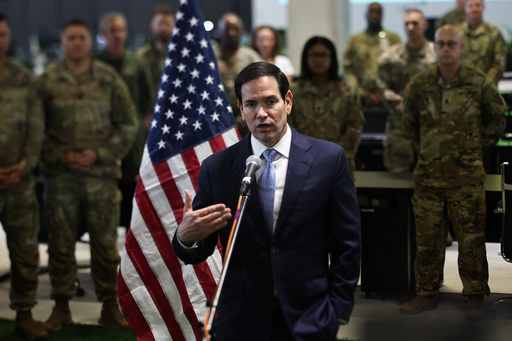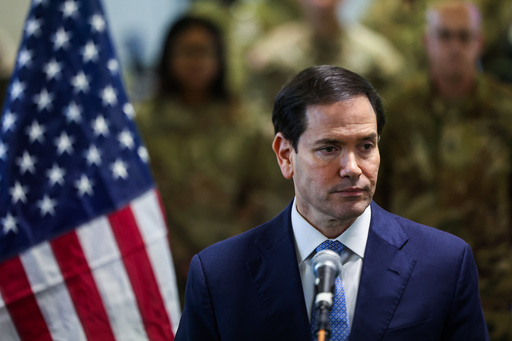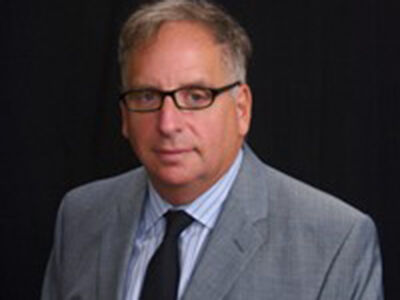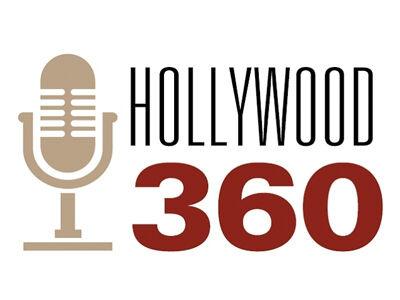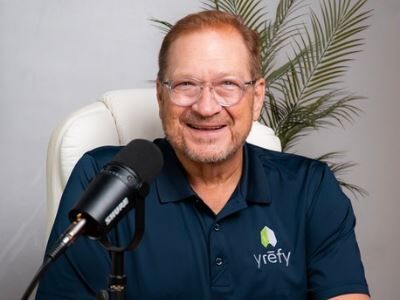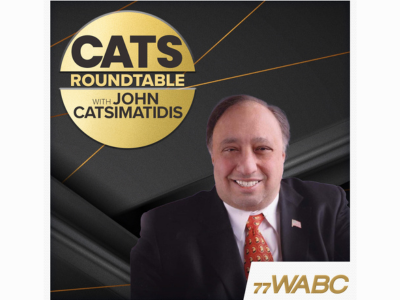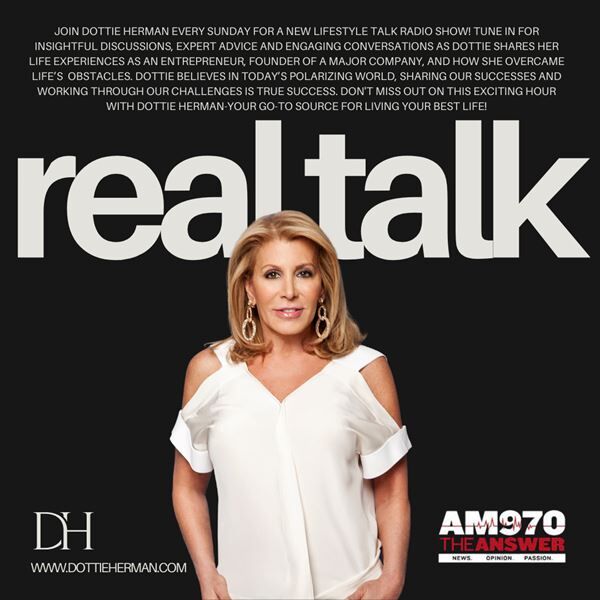Rubio says mediators of Gaza ceasefire shared information to uncover a recent threat
News > Top Stories

Audio By Carbonatix
7:39 PM on Saturday, October 25
By LINDSAY WHITEHURST and COURTNEY BONNELL
WASHINGTON (AP) — Secretary of State Marco Rubio said Saturday that Israel, the U.S. and the other mediators of the Gaza ceasefire deal are sharing information to disrupt any threats and that allowed them to identify a possible impending attack last weekend.
The State Department said a week ago that it had “credible reports” Hamas could violate the ceasefire with an attack on Palestinian civilians in Gaza.
“We put out a message through State Department, sent it to our mediators as well, about an impending attack, and it didn’t happen,” he told reporters en route from Israel to Qatar, where he met up with President Donald Trump for a multistop tour in Asia. “So that’s the goal here, is ultimately to identify a threat before it happens."
Rubio said multiple countries are interested in joining an international stabilization force that aims to deploy to Gaza but that they need more details about the mission and rules of engagement.
The U.S. could call for a U.N. resolution supporting the force so more nations can take part, he said, adding that the U.S. has been talking with Qatar, Egypt and Turkey and noting interest from Indonesia and Azerbaijan.
“Many of the countries who want to be a part of it can’t do it without that,” he said of an international mandate.
He also noted that next week the chairman of the Joint Chiefs of Staff, Gen. Dan Caine, is expected to be the latest in a parade of U.S. officials to travel to Israel.
Vice President JD Vance joined special envoy Steve Witkoff and Trump adviser and son-in-law Jared Kushner earlier in the week in Israel in an effort to shore up the fragile ceasefire deal. Rubio arrived just as Vance was departing, meeting with Israel Prime Minister Benjamin Netanyahu and touring a U.S.-led coordination center monitoring the ceasefire.
Rubio touched on several other key foreign policy priorities in his remarks to reporters. Here's a look:
A day after the Trump administration imposed sanctions on Colombian President Gustavo Petro, his family and a member of his government over accusations of involvement in the global drug trade, Rubio said it was not about targeting the country itself, which is one of the closest American allies in the region.
“This is not a U.S. vs. Colombia thing,” he said. “This is us reacting to the actions of what’s turned into a hostile foreign leader.”
He said the U.S. has excellent relations with Colombia's people and institutions and that the Trump administration didn’t want to hurt the country’s economy, so it held off on tariffs. Trump last weekend had threatened to unleash them.
Asked if he would rule out tariffs, Rubio said Trump makes those decisions but “obviously the president was aware of the options available to him and chose these instead.”
The sanctions ramped up tensions with Colombia's first leftist leader, who has hit back at the Trump administration.
“I believe the current U.S. government violated its rule of law by sanctioning me as if I were a mobster, when I dedicated my life to fighting the mafia," Petro wrote on X. "Their desperation will lead them to set traps for me. I’m ready to fight. For myself and for my people.”
Reporters asked Rubio whether other leaders in the region may help urge Venezuelan President Nicolás Maduro to step down, with speculation swirling about whether recent U.S. military actions in Latin America are aimed at ousting Maduro.
Rubio responded that when the U.S. deploys assets in its own hemisphere, "everyone sort of freaks out."
The Trump administration has launched a series of strikes against alleged drug-running boats in the Caribbean and eastern Pacific and is deploying an aircraft carrier to South America, a major escalation of an already robust military buildup in the region.
Rubio insisted that the U.S. is taking part in a counterdrug operation. And he again accused Maduro’s government of allowing and participating in the shipment of narcotics.
“This is a very serious problem for the hemisphere, and a very destabilizing one," Rubio said. "And that has to be addressed.”
He says other countries in the region, including Ecuador, Mexico, Jamaica and Trinidad and Tobago, cooperate in combating drug trafficking.
Maduro said the U.S. government is fabricating a war against him.
“They are fabricating an extravagant narrative, a vulgar, criminal and totally fake one,” Maduro said Friday night in a national broadcast. “Venezuela is a country that does not produce cocaine leaves.”
Rubio said it was important for the U.S. to remain engaged with China but that Taiwan would not become a bargaining chip for the world's largest economies to reach a larger trade agreement.
Trump says he expects to meet Chinese President Xi Jinping in South Korea in the coming days during his Asia trip. Beijing claims sovereignty over the self-governed island and vows to seize it by force if necessary. The United States is obligated by its own laws to give military support to Taiwan.
“If what people are worried about is we’re going to get some trade deal or we’re going to get favorable treatment on trade in exchange for walking away from Taiwan — no one is contemplating that,” Rubio said.
